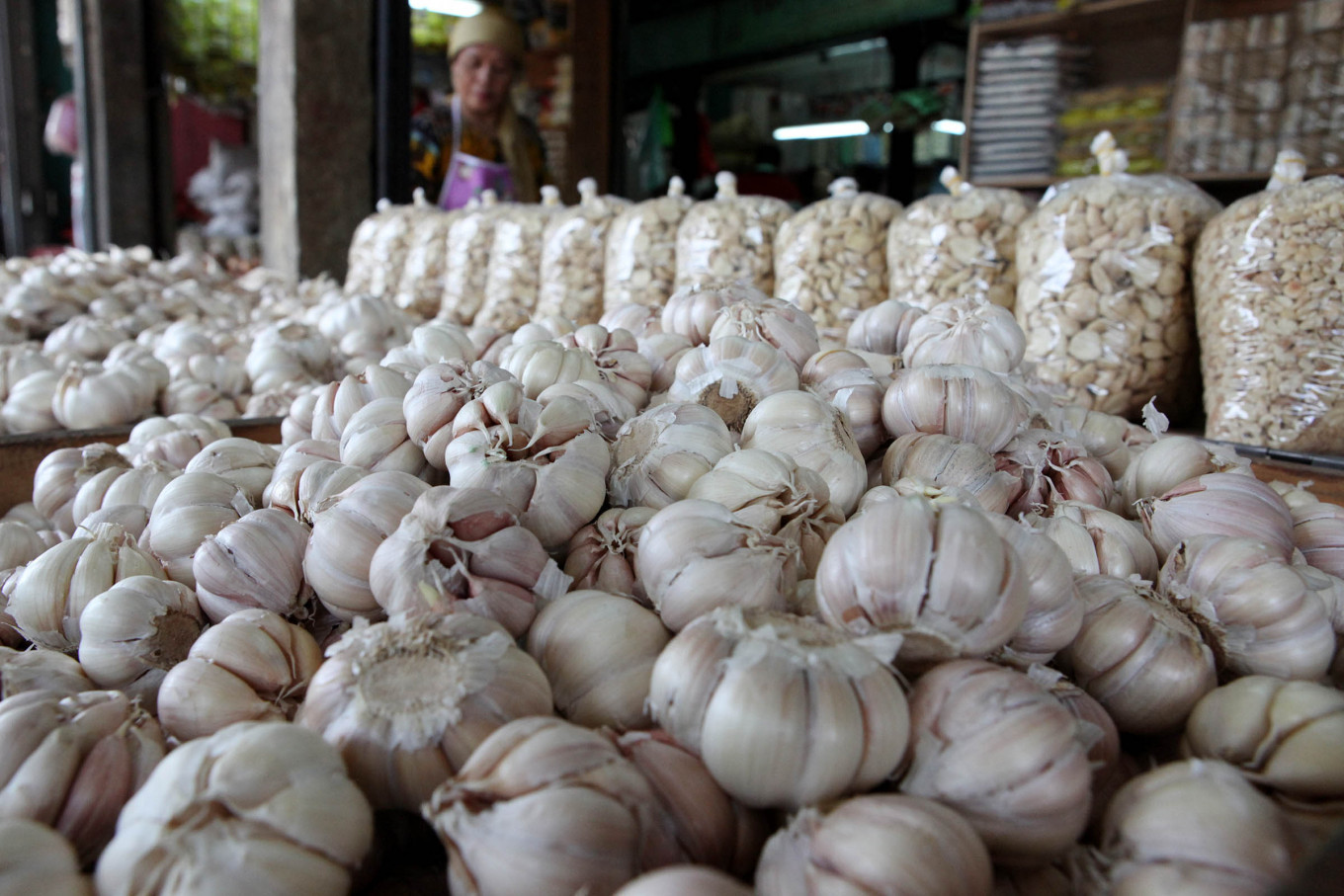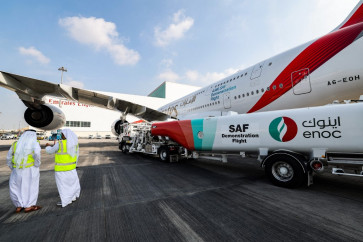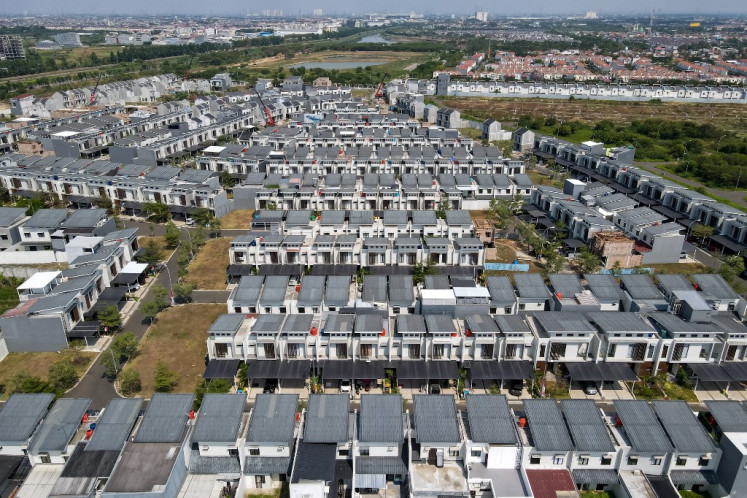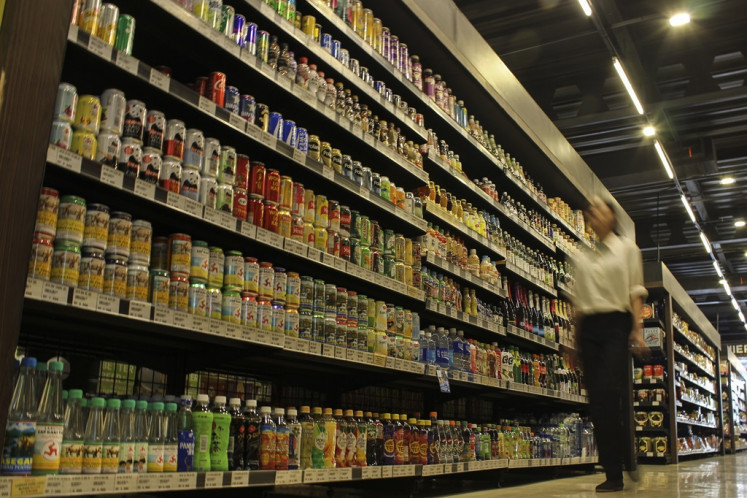Staple food imports arriving in May to safeguard stocks, prices: Airlangga
Food prices, which rose by around 6 percent year-on-year, were the primary driver of inflation between January and March.
Change Size
 Garlic at Kramat Jati Market in East Jakarta. (JP/Nurhayati)
Garlic at Kramat Jati Market in East Jakarta. (JP/Nurhayati)
T
he government expects imports of staple foods to arrive in May in order to ensure not only enough supplies but also stable prices as demand is likely to surge during Ramadan and Idul Fitri, which will start on April 24.
“The government has issued import permits for garlic, chili, beef, chicken meat and sugar and they will arrive in enough volume to anticipate Idul Fitri,” Coordinating Economic Minister Airlangga Hartato told an online briefing on Tuesday.
With Ramadan and Idul Fitri approaching amid the unfolding COVID-19 pandemic, the government was facing logistical issues caused by measures to contain the coronavirus on top of price volatility, which was already taking place even before the virus hit.
Food prices, which rose by around 6 percent year-on-year, were the primary driver of inflation between January and March, according to data released on April 1 by Statistics Indonesia (BPS).
The average price of garlic, for example, rose 50 percent year-on-year to Rp 44,900 (US$2.87) per kilogram in March, according to the government’s staple food prices tracker, the Information Center for Strategic Food Price (PIHPS). The average price of sugar similarly rose 26 percent annually to Rp 16,650 per kilogram last month.
As a response, the Agriculture Ministry issued a recommendation for businesses to import over 450,000 tons of garlic as of last month. Furthermore, the Trade Ministry issued a regulation suspending the requirement for import permits to procure staple foods from overseas until June 30.
With the planned imports and production at home, President Joko “Jokowi” Widodo said earlier this month the government was expecting food prices to decline. For example, he was expecting the average price of garlic to fall to a range between Rp 20,000 and Rp 30,000 per kilogram and sugar to Rp 12,500 per kilogram.
“The trade minister has told me some garlic [imports] have started to enter [Indonesia],” Jokowi said on April 2.
But as producing countries are currently under quarantine, some imports have been delayed. The State Logistics Agency (Bulog), the government’s agency tasked with securing the national staple food stocks, reported delays regarding its beef imports from India, the world’s second-largest exporter.
As the country is currently observing the peak of harvest season, the government is also relying on national stocks for some staple foods. Rice supply, for example, is estimated to exceed the demand by 8.3 million tons between March and May without imports, according to data from the Agriculture Ministry.
“With harvest season taking place, we hope rice stocks will be enough for the days leading up to Idul Fitri,” said Airlangga, who also serves as the Golkar Party’s chairman. “Likewise, we are expecting enough stocks of corn and onions since some regions such as Brebes [in Central Java] are in harvest season.”
Airlangga went on to say the government was mulling over a plan to offer incentives to farmers so they would still go out to the field.









